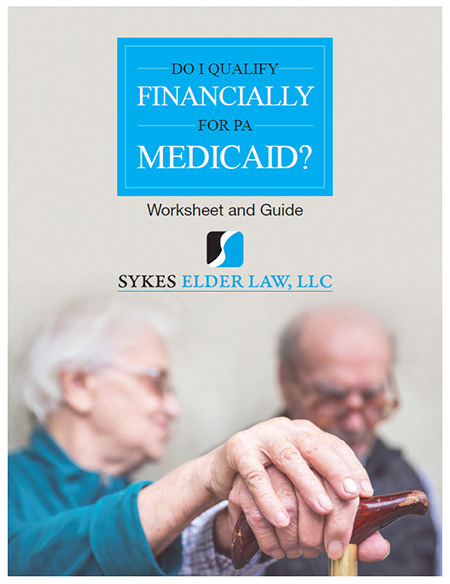If you have read much about Medicaid planning, you have no doubt learned of the various protections available for community spouses.
What is a “community spouse” and exactly who qualifies?
“Community spouse” is Medicaid lingo for the husband or wife of a Medicaid applicant. To qualify as a community spouse, there are two simple requirements. First, you must be the husband or wife of an “institutionalized spouse,” meaning a person who resides in a medical institution or nursing facility and is “likely to remain there for at least 30 consecutive days.” Second, you cannot also be receiving long term care in a medical institution or nursing facility.
Most community spouses live in a home or apartment, in a personal care home, or in an assisted living facility.
But if both spouses reside in a nursing facility or hospital, and are both expected to remain 30 days or more, neither one is a community spouse. To qualify for Medicaid, each would have to spend down to the applicable limits and meet the other eligibility requirements.
For you legal types who want citations to the definition of community spouse, you can find the federal statute at 42 U.S.C. §1396r-5(h) and the Pennsylvania regulation at 55 Pa. Code § 178.2.





